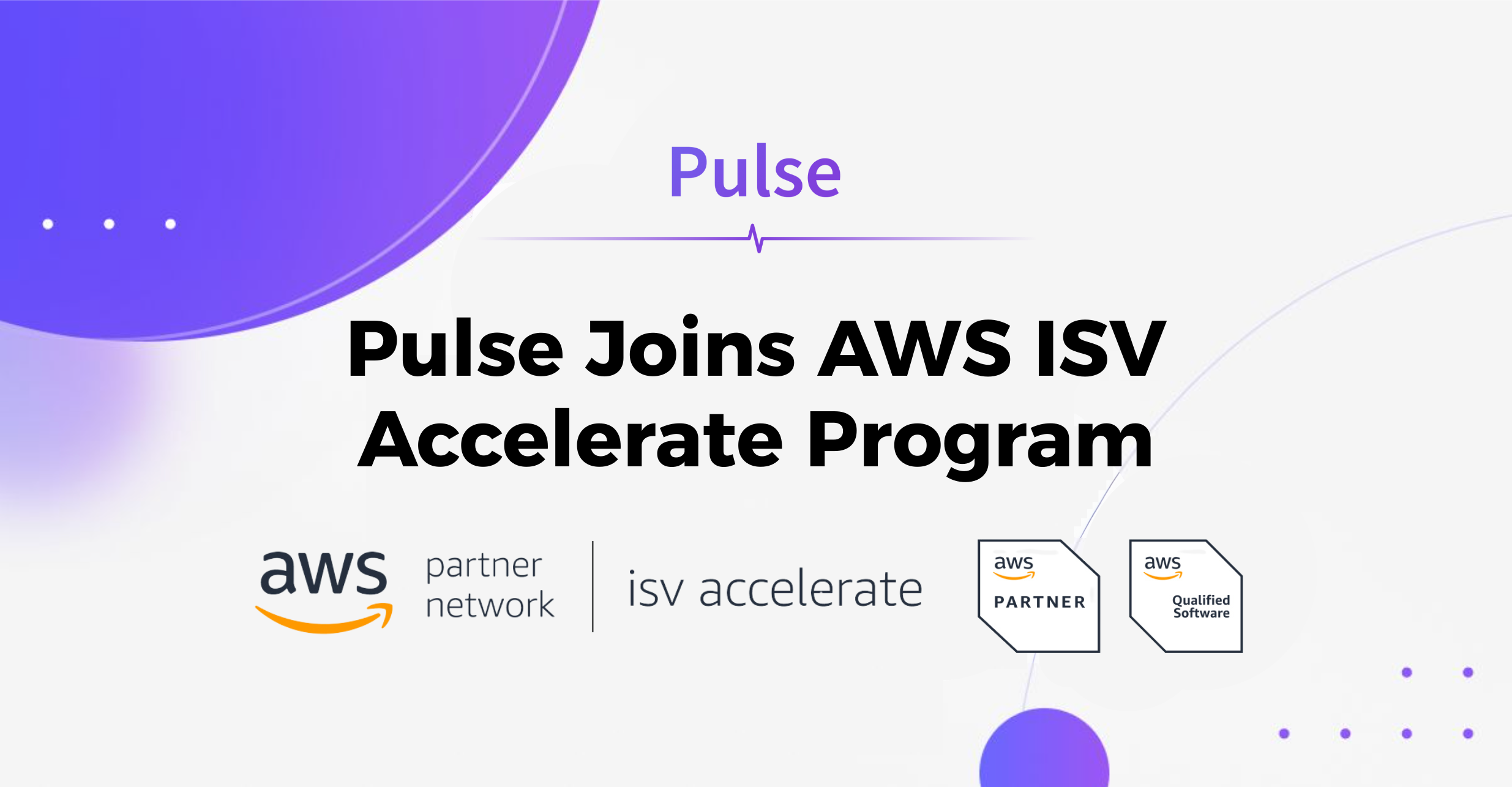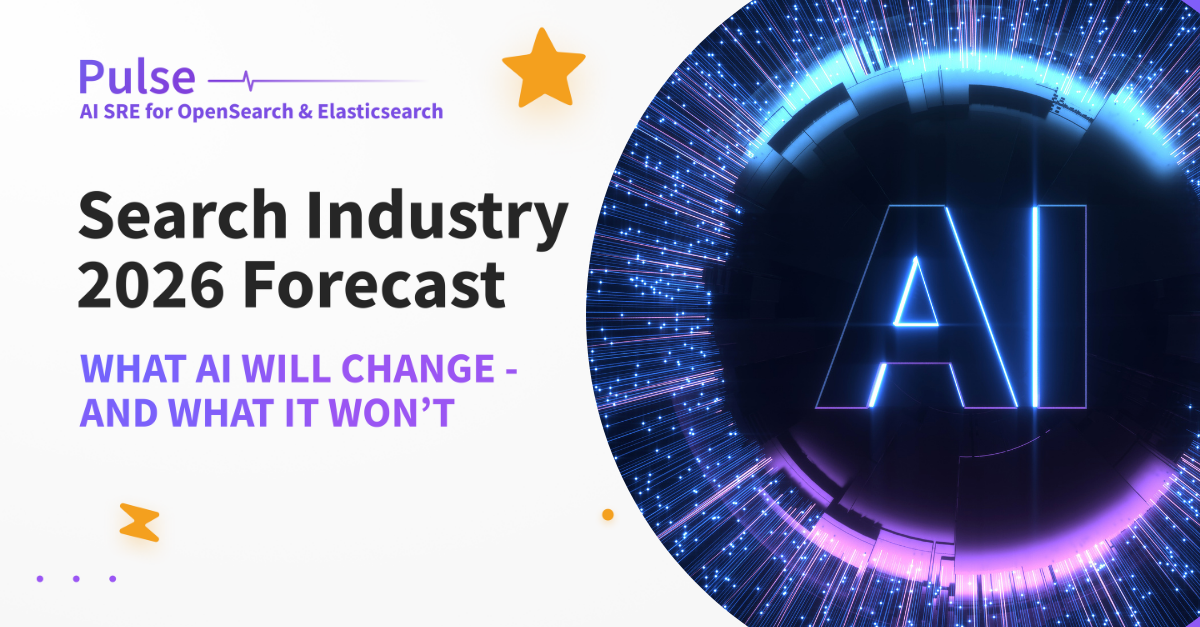Asking the Top Voices in Search Tech For A Controversial Opinion
We asked industry leaders for their most controversial opinions about search. They didn't hold back.
The Top Voices in Search Tech series showcases the sharpest minds in search and gives them a platform to share their wisdom and perspectives.
One of the questions in these interviews prompted each participant to give us a spicy take or controversial opinion on something related to Search. We got some interesting responses that challenge conventional wisdom and expose some uncomfortable truths about the state of search technology.
We've collected these insights here in one place. Here are ten controversial opinions that will almost certainly make you shake your head in one direction or another.
🔥 "Everyone's Building AI-Powered Search to Avoid Admitting Their Fundamentals Are Broken"
** - Atita Arora**
Most search failures aren't about systems not understanding what users want - they're about underlying data being garbage, broken taxonomies, and ranking criteria that have never been tied to actual business goals. But fixing data quality? That's boring work that doesn't get you promoted.
So instead, teams obsess over GenAI without conducting a single evaluation to assess if it fits their problem. Adding conversational layers on top of fundamentally flawed search just weaponizes user expectations against them.
Atita's seen companies spend millions on vector databases while their product catalog has descriptions like "blue thing, size medium, kinda nice." Her brutal conclusion: "You can't ChatGPT your way out of bad data management."
🎯 "Big Tech Will Struggle with Enterprise Search More Than They Think"
** - Charlie Hull**
Google and OpenAI are making noise about bringing AI to enterprise search, promising to solve business problems and let you "have conversations with your PDFs." But Charlie, who literally wrote the book on enterprise search, thinks they'll find it much harder than expected.
Enterprise data doesn't want to be found. It's scattered in silos, stored in strange formats, with terrible metadata and inconsistent titles. The queries are brand-new or highly specialized. Breaking into this market requires understanding complexities that go far beyond consumer search.
When startups claim they can "search all your enterprise data with AI," Charlie suggests looking closer - they might only index Google Docs and a couple of APIs.
⚡ "Vector Search Isn't That Good"
** - David Tippett**
Everyone's amazed by vector search right now, but from testing at GitHub's scale, David's verdict is clear: you can't survive without keyword search too. Vector search is phenomenally expensive and tough to scale.
His hot take: fix your keyword search first before jumping into vectors. Vectors won't necessarily make things better - they'll just make it weirder and harder to explain why you got the results you did.
At GitHub's size, they're still not there yet with vector search. That should tell you something about the current state of the technology.
📊 "NDCG Is Overrated"
** - Doug Turnbull**
Most teams aren't great at getting high-quality labels, but they dive deep into perfecting metrics anyway. You end up obsessing over scores instead of real impact. NDCG and complex rating infrastructures can be hugely overrated - like scaling out massive infrastructure too soon.
Doug's alternative: measure how much search results shift after changes to gauge risk. Pair that with qualitative feedback and simple acceptance tests like "If I search for category X, do I get items in that category?"
Those low-hanging fruits often deliver more real value than complex evaluation frameworks, especially for early-stage companies where search isn't the core expertise.
🔍 "Lexical Search Will Stay Relevant and Become Even More Important"
** - Erik Hatcher**
In an age of semantic search dominance, Erik's defending the importance of finding exactly what users asked for, not just what you think they meant. Lexical search will not only stay relevant but become even more important within semantic search systems.
Sometimes precision matters more than interpretation. Users often know exactly what they're looking for, and semantic systems that try to be too helpful can actually get in the way.
🧠 "Most Search Problems Aren't Technical - They're Domain Problems"
** - Liza Katz**
People rush to tune relevance scores or swap vector models while skipping the most important part: understanding what users actually need. Without that domain knowledge, you're just optimizing noise.
Liza's second truth bomb: semantic search isn't magic. Embeddings won't save you if your chunks are garbage or your use case is fuzzy. You still need to think, you still need intuition, and yes, you still need to understand your data like a human being.
Technical sophistication without domain understanding is just expensive randomness.
🗑️ "We Tend to Forget that Garbage In, Garbage Out"
** - Rafał Kuc**
Sometimes the edgiest take is the most fundamental one. Rafał's reminder about data quality might not sound controversial, but it becomes spicy when you realize how consistently the industry ignores this basic principle.
No amount of sophisticated algorithms, vector embeddings, or AI models can compensate for fundamentally bad data. Yet teams continue to build complex systems on top of garbage inputs and wonder why they don't get quality outputs.
🎭 "Most Chunking Strategies for RAG Are a Waste of Time"
** - Trey Grainger**
Trey predicts that most current chunking strategies will disappear over the next couple of years, replaced by much smarter approaches. Current chunking is necessary to get things done, but it's essentially a stopgap solution.
He sees three categories: naive chunking (what most people do), late chunking (generating embeddings first, then deciding how to chunk), and late interaction models that give every word a contextualized vector. The late interaction approaches are superior but currently inefficient.
Once efficiency problems are solved, we'll spend far less time splitting documents and far more time on better matching and ranking strategies.
📈 "Search Vendors Go Too Deep Into Marketing Instead of Showing Real Use Cases"
** - Dmitry Kan**
Search vendors focus too much on marketing themselves rather than demonstrating how their engines enable real, uncommon use cases. More importantly, they avoid showing where things won't work.
Honest vendors would acknowledge limitations and explain specific scenarios where their technology excels versus where it struggles. This transparency would actually be more valuable than generic marketing promises.
🏔️ "Google's Era of Search Dominance Is Fading"
** - Uri Goren**
Uri's making perhaps the boldest prediction: Google's near-total search dominance appears to be ending. This highlights the need for a more diverse ecosystem so no single company can steer or suppress access to information.
The implications go beyond competition - it's about ensuring healthy information access and preventing any single entity from having too much control over how the world discovers knowledge.
The Common Thread And What We've Learned
These ten experts come from different backgrounds and focus on different aspects of search, but they share a common observation: the industry has developed a gap between hype and reality.
Whether it's AI-induced broken fundamentals, over-engineering simple problems, or ignoring basic data quality principles, the search industry can sometimes focus more on what's new than on what actually works.
The search practitioners who succeed at scale aren't necessarily using the newest techniques - they're applying appropriate technology to well-understood problems with clean data and clear success metrics.
Join the Conversation
These spicy takes are part of our ongoing Top Voices initiative, where industry leaders share their unfiltered perspectives on search technology's future. Each expert brings decades of experience building and scaling search systems in production environments.
What's your controversial take on search? What industry "best practice" have you seen fail repeatedly? The best insights come from pros who have been in the trenches long enough to know the difference between what works and what sounds good.
👉 Explore more expert perspectives in our complete Top Voices In Search Tech series
👉 Know a Search Tech guru we should feature as a "Top Voice"? Nominate them here





